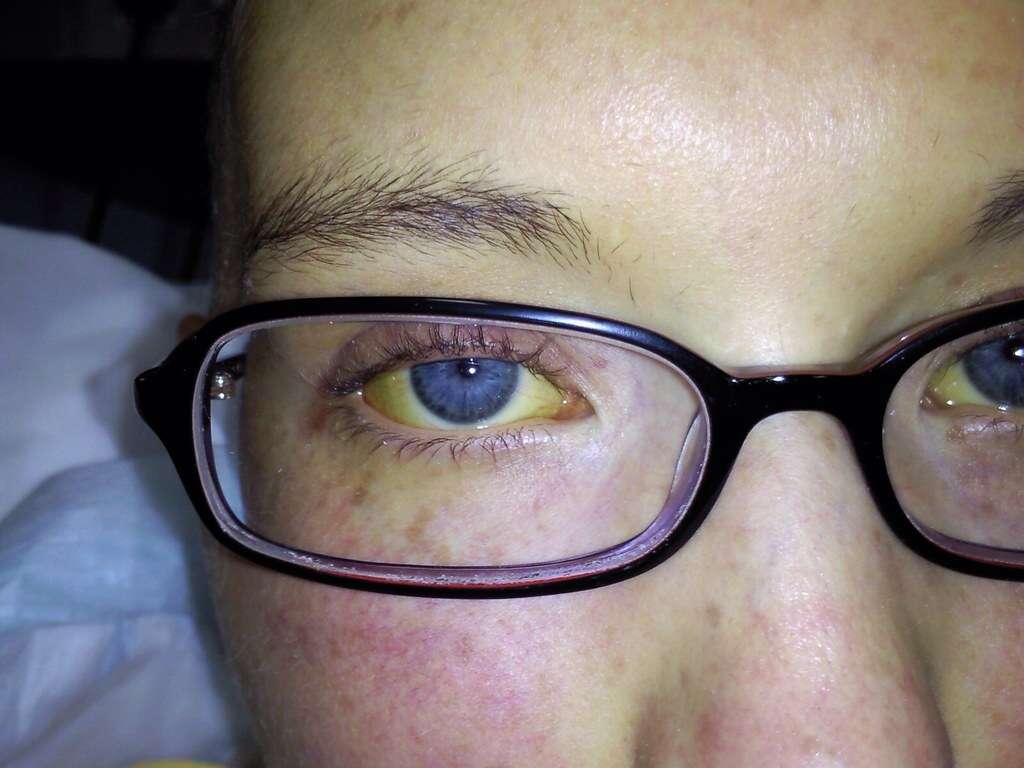10 Alcohol Poisoning Symptoms
3. Slurred Speech
Slurred speech is characteristic of a well-known speech disorder known as dysarthria. It is a nonspecific symptom, given that dysarthria can occur in countless other conditions. Dysarthria can also be described as nasal, slurred, or breathy speech. Most of us need words to communicate. Hence, we need fine motor control, or the ability of our tongue and mouth to coordinate, so our words are clear. This and many other motor functions are mostly coordinated by a part of the brain known as the cerebellum. Importantly, the cerebellum also works with other parts of your brain to create speech.
Alcohol poisoning can be a temporary cause of dysarthria; thus, causing slurred speech. However, if alcohol abuse is prolonged over time, it can cause permanent damage to the CNS, and dysarthria may become permanent. Ethanol poisoning can cause slurred speech because it affects cerebellar functions. This generally occurs at BACs of 0.1% or even lower. Given this correlation, slurred speech is often used by law enforcement as a sign of alcohol poisoning. Slurred speech may be accompanied by other signs of cerebellar dysfunction like nystagmus (rapid involuntary movements of the eyes) and ataxia or a lack of muscle control of voluntary movements (i.e. picking up objects or walking).
Advertisement












